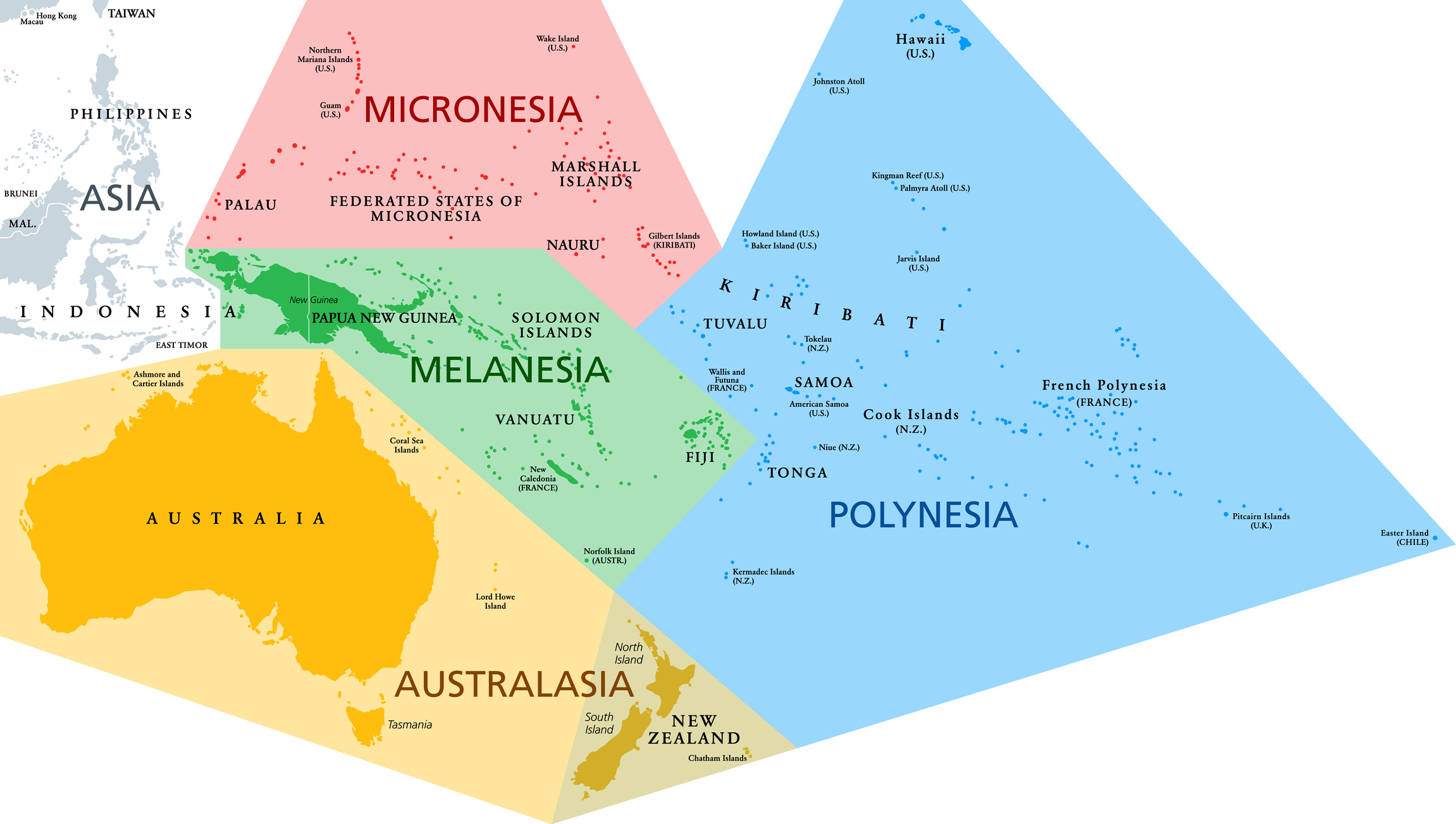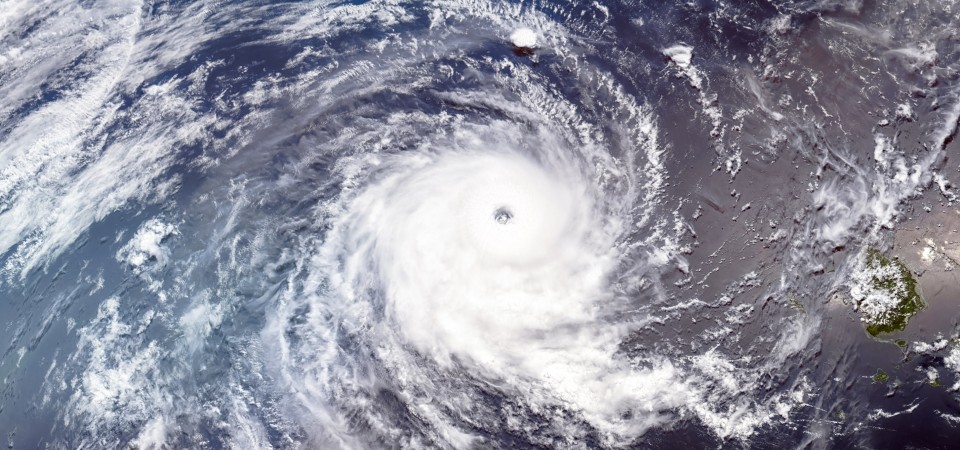Climate change means that extreme weather events are becoming more common in places like Fiji, Tonga, Vanuatu and hundreds of tiny, often remote, islands which make up the region.
When the storms hit, these communities regularly go without power for extended periods, due to vulnerable energy systems. The knock-on effect for the local economies, and life in general, can be crippling, with countries like Vanuatu losing as much as 17.9% of GDP to extreme weather each year.
Now, a new paper published in the journal Nature Energy, has set out how the island clusters can achieve their targets for energy access and transition to sustainable energy in the context of climate change, weather hazards and the COVID-19 pandemic.
It suggests that local communities should be involved in planning and maintaining of energy systems, because of their remoteness and the increasing rate of disasters that they face.
 The Pacific Island region. Image: Getty
The Pacific Island region. Image: Getty
The paper, authored by academics from Loughborough University, University of the South Pacific, University of New South Wales and University of Papua New Guinea, has made a number of recommendations on areas where further research and innovation is urgently needed.
They are categorised into three main areas:
- Energy planning and innovative finance
- Greater recognition and inclusion of community responses to energy challenges
- Promoting decentralised approaches to energy in terms of governance and technologies
The paper supports the implementation of the Framework for Energy Security and Resilience (FESRIP) 2021-2030, which represents a new phase for collaboration on energy policy in the region and which places resilience at its centre.
It suggests that success in energy resilience will require locally led and regionally coordinated initiatives and will need to ensure the islands can leverage the necessary knowledge, partnerships and capacity.
Loughborough’s Dr Long Seng To, who led the study, said: “Pacific Island Countries and Territories are bearing the brunt of climate change, with cyclones, rising sea levels and coastal flooding threatening lives and livelihoods
“We need to act quickly to ensure that people have access to sustainable and modern energy services that can continue to function in the face of these shocks and stresses.
“Pacific Island Countries and Territories are stepping up to the plate with a new regional energy framework that places security and resilience its core. The learnings from this will be important for us all in ensuring energy resilience.
“What we are calling for is a global, multidisciplinary effort to address the research and innovation priorities in partnership with stakeholders in the Pacific region.
“This can support evidence-based decision-making including further development of action plans relevant to regional, national and local agendas.
“Addressing these research and innovation priorities will also contribute a Pacific perspective on energy resilience to global debates, illustrating how other countries might address similar challenges.”
 In 2011, Cyclone Wilma hit American Samoa, Tonga and the Lua Islands. Image: Getty
In 2011, Cyclone Wilma hit American Samoa, Tonga and the Lua Islands. Image: Getty
The three key areas of recommendations are broken down further into 11 research and innovation priorities for action. They are:
Planning and finance
- Incorporate resilience principles into routine planning tools and processes.
- Identify key linkages between energy resilience and broader development goals to achieve better policy integration.
- Map potential trade-offs between high-quality standards for energy systems, and the ability to maintain and repair systems.
- Improve field data, demand modelling and planning tools for energy.
- Design multi-stakeholder planning and implementation review processes to build capacity, autonomy, transparency and accountability for energy-related decision-making.
- Identify pathways for addressing land conflicts and broader community politics associated with energy projects, to create conflict resolution mechanisms that can be integrated into planning processes.
- Identify leverage points in existing regional mechanisms that can interface with national planning to overcome challenges of scale and capacity.
Community responses
- Identify the resilience strategies that communities currently deploy, including those that build on traditional customs and practices, that could be used to improve resilience in the energy sector.
- Understand the energy needs and resilience strategies of historically marginalised groups.
Decentralised approaches
- Build viable business models for more resilient energy systems, including the potential for a greater private sector involvement.
- Understand the governance and maintenance implications of different ownership schemes for decentralised energy systems.
Loughborough University has recently launched its £80m STEER research centre, which will research community energy resilience alongside socially just energy systems, systems analysis and energy modelling.
ENDS
